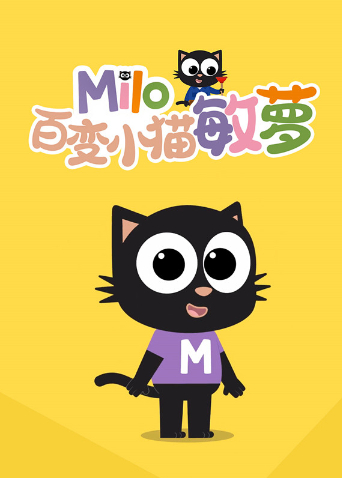阿欢从小就有一个很“废”的超能力:亚洲区挨一耳光就能看见他和别人剩下的见面次数。一次意外让他深信,亚洲区一旦突破了次数的限制就会带来厄运。从此阿欢得过且过,游戏人间。而青梅竹马的晓彤和阿欢的见面次数高达一万多,他本以为注定是一生的伴侣,所以毫不珍惜。直到有一天,阿欢发现自己和晓彤的见面次数只剩下几次,好哥们阿伟也要离他而去。他意识到自己必须做出改变。阿欢能否打破命运的魔咒呢?

阿欢从小就有一个很“废”的超能力:亚洲区挨一耳光就能看见他和别人剩下的见面次数。一次意外让他深信,亚洲区一旦突破了次数的限制就会带来厄运。从此阿欢得过且过,游戏人间。而青梅竹马的晓彤和阿欢的见面次数高达一万多,他本以为注定是一生的伴侣,所以毫不珍惜。直到有一天,阿欢发现自己和晓彤的见面次数只剩下几次,好哥们阿伟也要离他而去。他意识到自己必须做出改变。阿欢能否打破命运的魔咒呢?

回复 :史宾赛是一个郁郁寡欢的12岁小男孩,母亲刚去世、父亲总是不在家、姐姐爱捉弄他、女生又不喜欢他、学校的恶霸经常当众欺负他,孤单的史宾赛只好在漫画书中寻求慰藉。直到有一天晚上,史宾塞突然看到一颗奇怪的流星,坠落在家附近的废车场中。他跑去一探究竟,发现了一套金属人形太空盔甲,它拥有人工智能系统,有自己的意志,但是要有人操控才能发挥超人般的力量。史宾塞穿上了太空盔甲,从此,他的生活再也不一样了……
回复 :故事发生在奎米尔共和国。一天晚上,罗林斯和司机开着卡车骗过了美国企业西方石油有限公司的门卫,开进了西方石油的院内,绑架了四个美国人,杀了剩下的所有工人。美国人梅尔•罗斯在朋友的帮助下,侥幸逃过这次绑架。并且报了警。在奎米尔情报部门官员哈金的办公室内,哈金拿出了罗林斯的照片,并且说罗林斯就是奎米尔解放组织的成员。梅尔也不清楚到底是不是解放组织干的。只是说看到有人拿美国武器。哈金将梅尔安排在旅馆内,告诫梅尔不要出去,并且派人在旅馆门口看守。玛雅是个身份十分神秘的女人,来到了梅尔的房间,声称自己是奎米尔解放组织的人,拿出一份报纸,报纸上报到说罗斯指认罗林斯是奎米尔解放组织的成员,并且有美国人领路……
回复 :Based on an unknown Schönberg opera from 1929, From Today Until Tomorrow explores one night in a not-quite loveless marriage. A husband and wife return from a party where she has flirted with another man, while he has cast an appraising eye toward an attractive, fashionably dressed acquaintance of his wife’s. Though each dreams, briefly, of leaving the marriage for the excitement and mystery of a new lover, in the end they decide stability and comfort are more important than the fleeting thrill of new romance. Directors Jean-Marie Straub and Danièle Huillet, who previously collaborated on two other films about music (The Chronicle of Anna Magdalena Bach, 1968, and Moses and Aaron, 1975), rely on long fixed shots in austere black-and-white so that the focus remains on the musical brilliance of Schönberg’s atonal score, performed here by 70 musicians. That Schönberg would choose such a relatively lighthearted message for his newly discovered musical language remains a mystery, especially since the conclusion reached by the husband and wife—to stick with the tried and true—seems directly at odds with Schönberg’s own philosophy of composing. It is just this juxtaposition, however, coupled with Straub and Huillet’s faithful presentation, that makes the opera a compelling addition to the Schönberg canon—and the film such a challenging and intriguing experience.